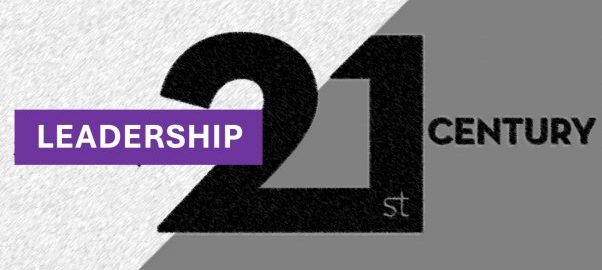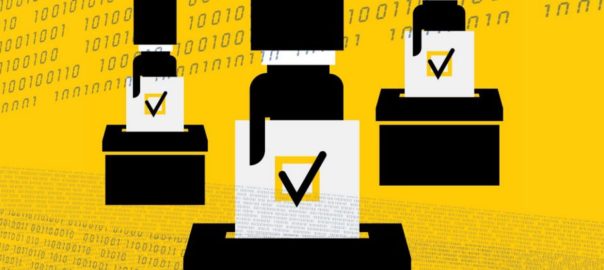
Years ago, John Blanchard said that much of global leadership is plagued by, “a dearth of depth and a surfeit of the superficial.” So much of what passes for life and leadership seems content with surfing on the surface of things. We can do better, first in ourselves, then in what we expect of others.
Leadership excellence begins with being a person of outstanding character. Goodness, integrity, and personal wholeness are essential qualities for women and men that aspire to lead others. With character as foundation, developing managing one’s charisms becomes important so that there is a good fit of person and the tasks at hand.
There are two more facets of leadership to explore here. The first is competencies. These are the necessary interpersonal and professional skills for the task. Please note the two categories here. Character is underneath the interpersonal competencies needed to lead others. This included emotional and relational maturity, along with intercultural competence. So many problems in leadership come from a breakdown in people understanding each other. Professional (including technical) skills seem obvious, but there are times when skills and tasks do not align well.
Leaders must have communication and managerial skills, with particular ability to lead their organizations and teams in a VUCA (Volatile, Uncertain, Chaotic, Ambiguous) world where much can change quickly. This is why the communication, interpersonal maturity, and adaptive skills matter so much.
The final facet is understanding capacity. This is not just the number of people or the size of the budget, but understanding the boundaries of one’s leadership and being a woman or man of faith, focus, and follow-through. As one sage said, “Under-promise and over-deliver.” We live in a world filled with exaggeration and over-hyped expectations, so good leaders must have the humility to see what is ahead, focus tasks well, and fulfill promises in a timely manner.
One of the most important ingredients in being an effective and praiseworthy leader is understanding that today’s discipline is tomorrow’s destiny. Doing today well is vital for tomorrow’s expansion of influence.
The “4C Leader” – a woman or man of deep character, clarity about their charisms, growing on competencies, and both staying in their lanes of capacity while expanding influence – is needed today more than ever before.




